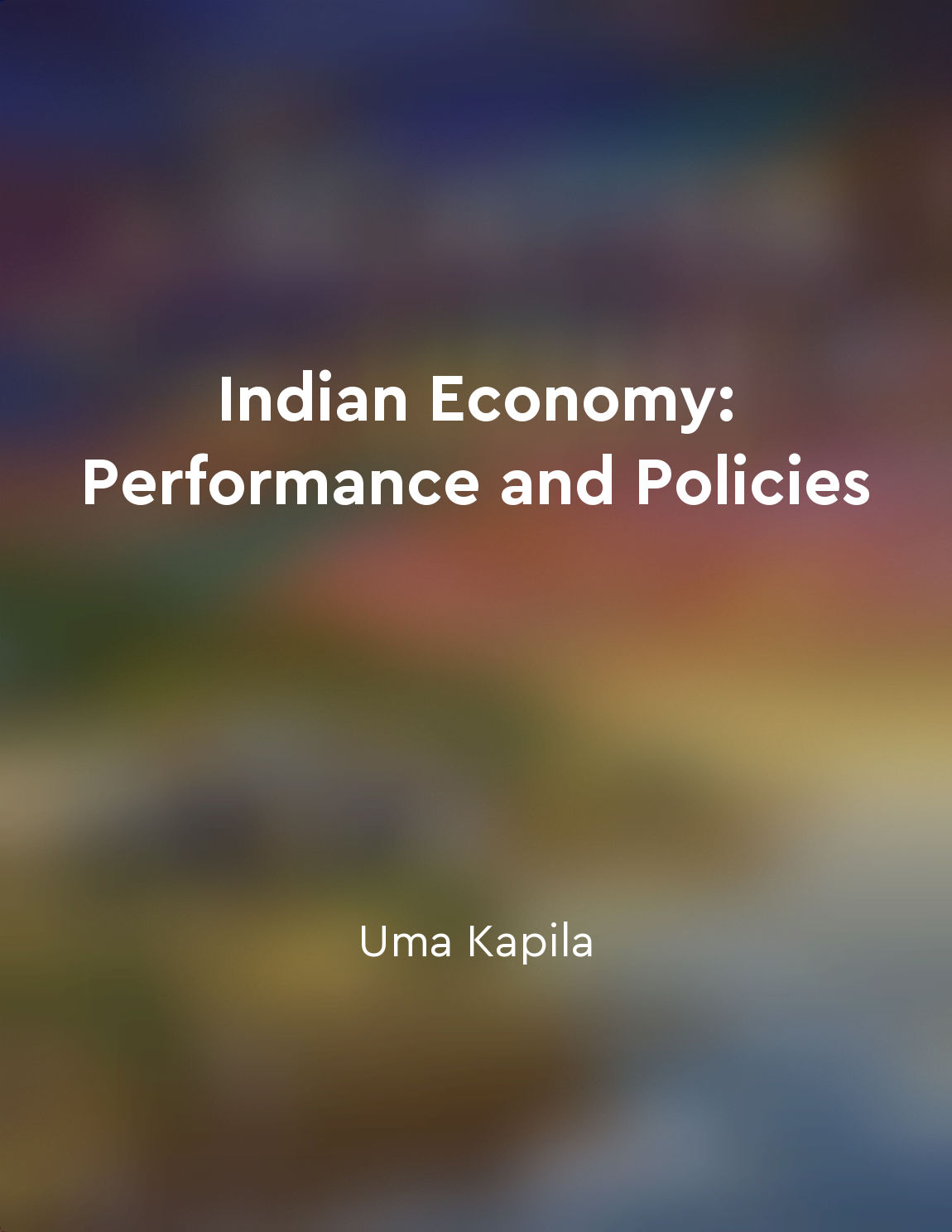Municipalities from "summary" of Indian Polity and Constitution Book by Mocktime Publication
Municipalities are considered as the third tier of government in India, after the central and state governments. They are responsible for providing essential services and infrastructure to the urban population. The Constitution of India empowers municipalities with the authority to govern and manage their own affairs. Municipalities have a significant role in urban governance, as they are tasked with providing services like water supply, sanitation, waste management, and urban planning. They also have the responsibility to collect taxes and fees from the residents to finance these services. Municipalities have the power to make bylaws and regulations to ensure the smooth functioning of the city. There are different types of municipalities in India, such as municipal corporations, municipal councils, and nagar panchayats. Municipal corporations are generally found in larger cities, while municipal councils are present in smaller towns and urban areas. Nagar panchayats are established in areas transitioning from rural to urban. The members of municipalities are elected by the residents through local body elections. These elections are held periodically to ensure democratic representation and accountability. The elected members form the municipal council or corporation, which is headed by a mayor or chairperson. Municipalities are crucial for promoting local governance and citizen participation. They act as a link between the government and the people, addressing the needs and concerns of the urban population. Municipalities play a vital role in improving the quality of life in cities and towns through efficient service delivery and infrastructure development.- Municipalities are an essential part of the democratic system in India, as they provide governance at the grassroots level. They play a key role in urban development and ensure the well-being of the urban population.
Similar Posts
Significance of private sector in economic growth
The private sector plays a crucial role in driving economic growth in a country. It is often considered as the engine of econom...
Engaging in acts of resistance is necessary to defend democracy
Engaging in acts of resistance is essential for the preservation of democracy. This is because democracy is constantly under th...

Federalism and CentreState Relations
Federalism is a system of government in which power is divided between a central authority and constituent political units. In ...
High Courts have jurisdiction over State matters
High Courts play a crucial role in the Indian judicial system by exercising jurisdiction over State matters. Each State is assi...
Fundamental duties
Fundamental duties are a unique feature of the Indian Constitution that were added through the 42nd Amendment Act in 1976. Thes...

Structural transformation growth sustainable development
The concept of structural transformation is essential for achieving sustainable development in the Indian economy. Structural t...
The Constitution promotes social justice
The Constitution of India, as laid down by the founding fathers, is a document that not only guarantees fundamental rights but ...

